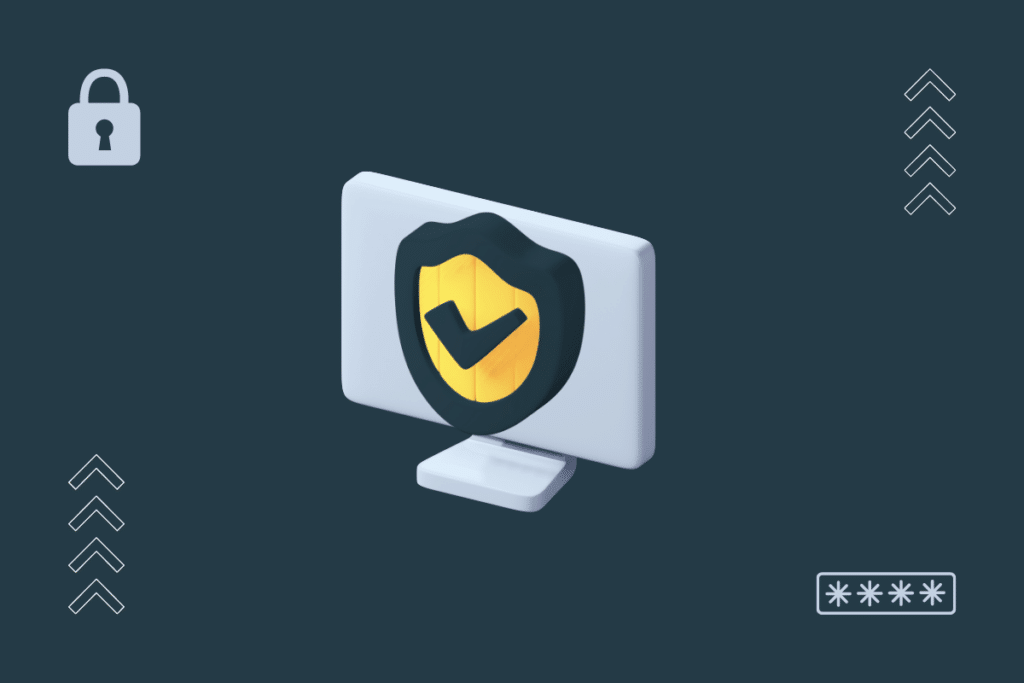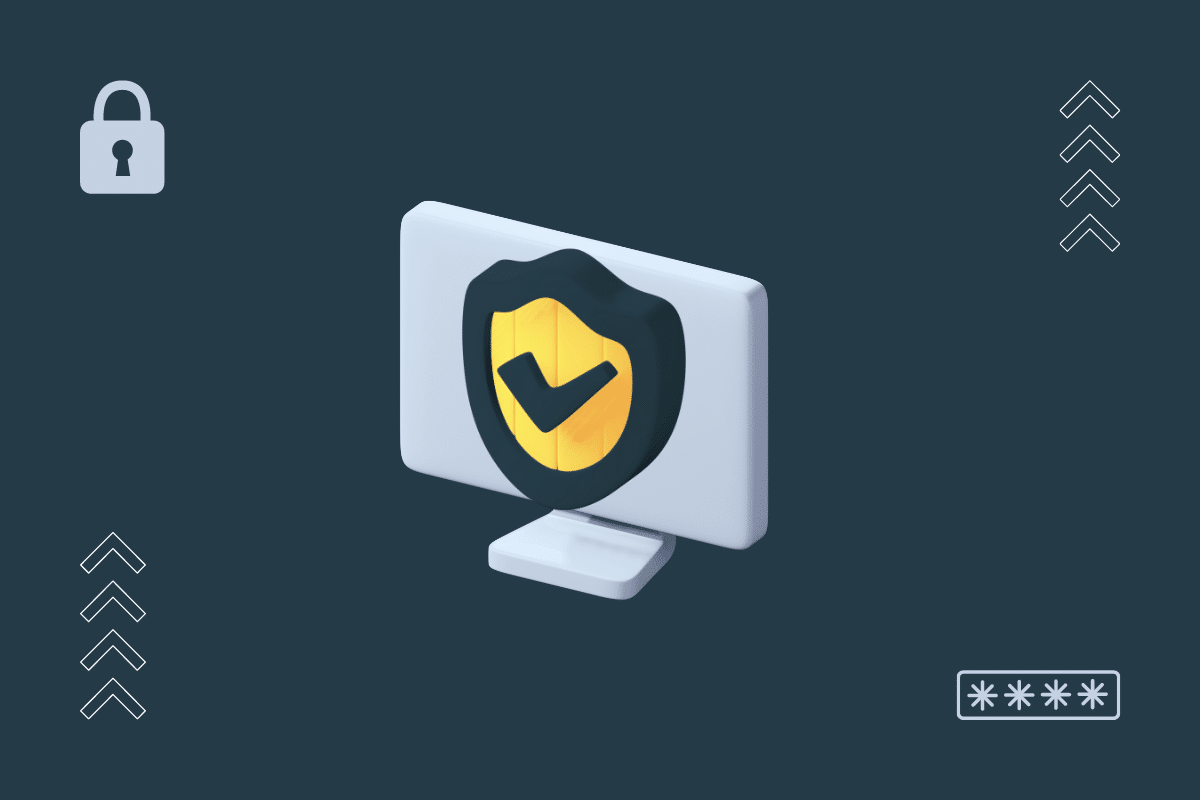Understanding how to secure your passwords is crucial. Passwords act like shields for your online presence, safeguarding your privacy. They need to be strong enough to thwart cybercriminals from accessing your information.

ExpressVPN’s infographic on passwords globally reveals that despite repeated cautions from security experts, the practice of reusing weak passwords across various accounts remains widespread. It’s alarming that this message doesn’t seem to resonate with everyone. However, one only needs to look at recent high-profile cyberattacks to understand the gravity of the situation.
So, how can you create a truly secure password? Let’s explore some best practices for designing robust passwords and fortifying your online accounts. But first, it’s crucial to grasp how your data becomes vulnerable in the first place.
Reasons Behind Data Exposure
Here are some common scenarios that can lead to the exposure of your personal information:
Exploitation of Personal Connections: Someone you know might try to guess your email or password and then utilize recovery options to gain access to your accounts.
Mass-Targeting Attacks: Cybercriminals often target multiple accounts simultaneously. They employ strategies and programs designed to systematically crack passwords by testing numerous possibilities until they find the correct one.
Data Breaches in Organizations: Companies are frequently targeted by attackers seeking financial gain. These breaches can expose the accounts of contributors and partners, potentially compromising their privacy.
Cybercriminal Tactics: How Passwords are Compromised
Passwords used for extended periods and across multiple platforms are particularly susceptible to compromise. Here’s how attackers might exploit your passwords:
Brute Force Attacks: This attack method involves using software to rapidly test as many password combinations as possible. Shorter passwords (those with less than 9 characters) are highly vulnerable to this type of attack.
Dictionary Attacks: Attackers use dictionaries to guess passwords by systematically trying words from the dictionary. If your password is a common word, the only way to make it stronger is to create an unusual word or combine multiple terms.
Phishing Schemes: Phishing involves deceptive communication designed to lure victims to a malicious website. These communications often masquerade as legitimate messages and instruct the recipient to click on a link. This link directs them to a fake website designed to trick them into revealing their password.
Phishing attempts can also occur through phone calls. These calls often begin with a recorded message. If the potential victim doesn’t hang up, they are connected to the scammer.
Strategies for Ensuring Password Security
Passwords are fundamental to information security. Despite their ubiquity, compromised passwords pose a significant threat to both individuals and businesses. It’s crucial to acknowledge that hackers possess advanced techniques for stealing personal data.
In our increasingly digital world, we manage a growing number of online accounts, including emails, social networks, Wi-Fi connections, smartphone access, and internal systems. Each of these accounts requires a unique password. Unfortunately, research indicates that a majority of individuals don’t prioritize password security.
Here are 10 tips to fortify your password practices and keep your information secure:
1 – Steer Clear of Personal Dates and Names
Avoid using dates, particularly birthdays, as they are easy to find and commonly requested on website registrations. It’s also common for online services to ask for your mother’s, spouse’s, or child’s name. Refrain from sharing this information whenever possible.
2 – Maintain Unique Passwords for Each Account
Studies show that one in three users rely on just two or three passwords across all accounts, and a staggering one in seven use a single password for everything. If a hacker gains access to one of these reused passwords, all your accounts become vulnerable. While remembering numerous passwords can be challenging, it’s essential. We’ll provide some helpful tips later on.
3 – Incorporate Special Characters, Numbers, and a Mix of Uppercase and Lowercase Letters
A lack of character variety is a major security flaw. 10% of individuals use passwords shorter than eight characters. Alarmingly, 1% of users don’t include any special characters, numbers, or a mixture of uppercase and lowercase letters in their passwords, making them significantly more susceptible to attacks. Using a combination of different character types strengthens your password.
4 – Prioritize Password Length
When it comes to passwords, length is key. Shorter passwords are much easier for hackers to crack. Each character added to a password increases its security, making it more difficult for cybercriminals to guess. Ideally, aim for a password length of at least 15 characters.
5 – Exclude Personal Information
Avoid incorporating personal details such as birthdays, names of relatives, pets, cities, countries, or other personal information into your passwords. Remember that a significant amount of personal information is accessible online. Hackers can easily find details like your partner’s name, the school you attended, your favorite band, or even your pet’s name.
6 – Avoid Using Obvious Words
“Obvious” encompasses any word found in a dictionary. Hackers can efficiently test thousands of passwords, and dictionary words are among the first things they use in their attempts to breach accounts.
7 – Never Recycle Passwords
Remembering multiple passwords can be tedious, leading many to reuse them. However, once a password has been used, avoid reusing it for other accounts or with slight modifications. Recycling passwords simplifies the process for hackers, putting your security at risk.
8 – Store Passwords Securely
With so much information to manage, it’s easy to forget passwords. However, storing passwords on paper, phones, computers, or in text files is highly insecure, yet 50% of people resort to these methods. Instead, invest in a reputable password manager that securely stores, organizes, and encrypts your login credentials.
9 – Enable Two-Factor Authentication
Two-factor authentication offers an additional layer of security beyond a strong password, protecting your your accounts from unauthorized access. Many services now provide this feature. With two-factor authentication, you’ll be required to enter a code sent via SMS, an authentication app, or a code generator in addition to your password. Some services have streamlined this process, requiring only a simple “yes” confirmation on your smartphone. This method ensures that only you can access your accounts, as you’ll be alerted and asked to confirm any login attempts.
10 – Utilize Password Managers
Password managers are invaluable tools for enhancing online security. These programs securely store and manage all your login credentials, generating unique, strong passwords for each of your accounts.
As an added layer of protection, they encrypt this data, keeping it safe from malicious actors. LastPass is a highly recommended option for individuals. It’s free to use and compatible with computers, browsers, and mobile phones.
For businesses, Fast Help offers an excellent solution called Password Vault. This solution enables centralized management and monitoring of privileged credentials, all accessed through a single, secure login. It comes equipped with various other functionalities and is powered by technology from CyberArk, a leading provider in privileged access management.
Conclusion
Think of passwords as virtual locks safeguarding your confidential information. However, once a password is compromised, no security system can fully prevent potential harm. Prioritizing password security in the online world is paramount.
